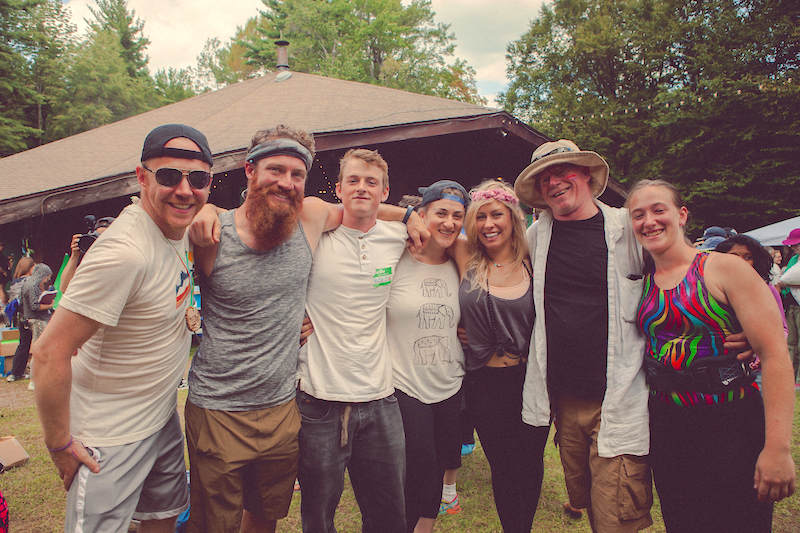Gender Inclusive Housing at Camp Wonderful
A few weeks ago, Ginger Wednesday and I drove down to the inimitable and utterly weird location for a camp conference: Atlantic City — for the American Camp Association’s Tri-State Summer Camp Conference. Our intention was to spend some good quality time together dreaming about how to make this year’s Wonderful a success, to learn best camp admin practices where possible, and to meet folks in the industry.
We made new friends and found great collaborators, but the best part of the event, for me, was seeing the more progressive aspects of camp administration come to the forefront. Ginger Wednesday and I witnessed far more inclusivity initiatives and conversations about diversity than I’d experienced in past ACA conferences and there were several sessions dedicated to addressing tech addiction and social media usage in young people.
Ginger Wednesday and I were particularly inspired by the work of our friends at Unirondack and their gender inclusive cabins. They described the progression from bringing the idea to their board of directors and trying it out, to ultimately making opt-out gender inclusive housing rather than opt-in. This means that young people unless otherwise specified, are housed in cabins with other young people of similar ages regardless of their gender identity!
After a conversation with their leadership team, we decided to do the same at Camp Wonderful:
Cabins will now house “All the different human campers” unless a camper opts into an “All male identifying” or “All female identifying” cabin.
You might be asking “What about changing areas? What if someone is attracted to someone else in their cabin? What about people that want to do gender-specific personal development work ie men’s groups or moon circles?”
Meditating on these questions myself, I realized that a number of normative assumptions had still been affecting my own thinking.
Changing clothes in gender inclusive cabins will be just like changing in single-gender cabins. There will be space for privacy if people revealing their bodies or people around them prefer it.
Heterosexuality needn’t be treated as the norm, so we can expect people to respect each other’s boundaries if attracted to someone else, no matter the gender makeup of the cabin.
If people want to gather according to one affinity or other, nobody will get in their way.
